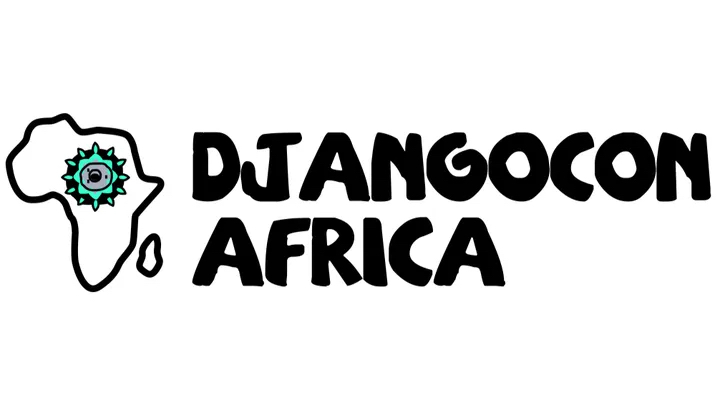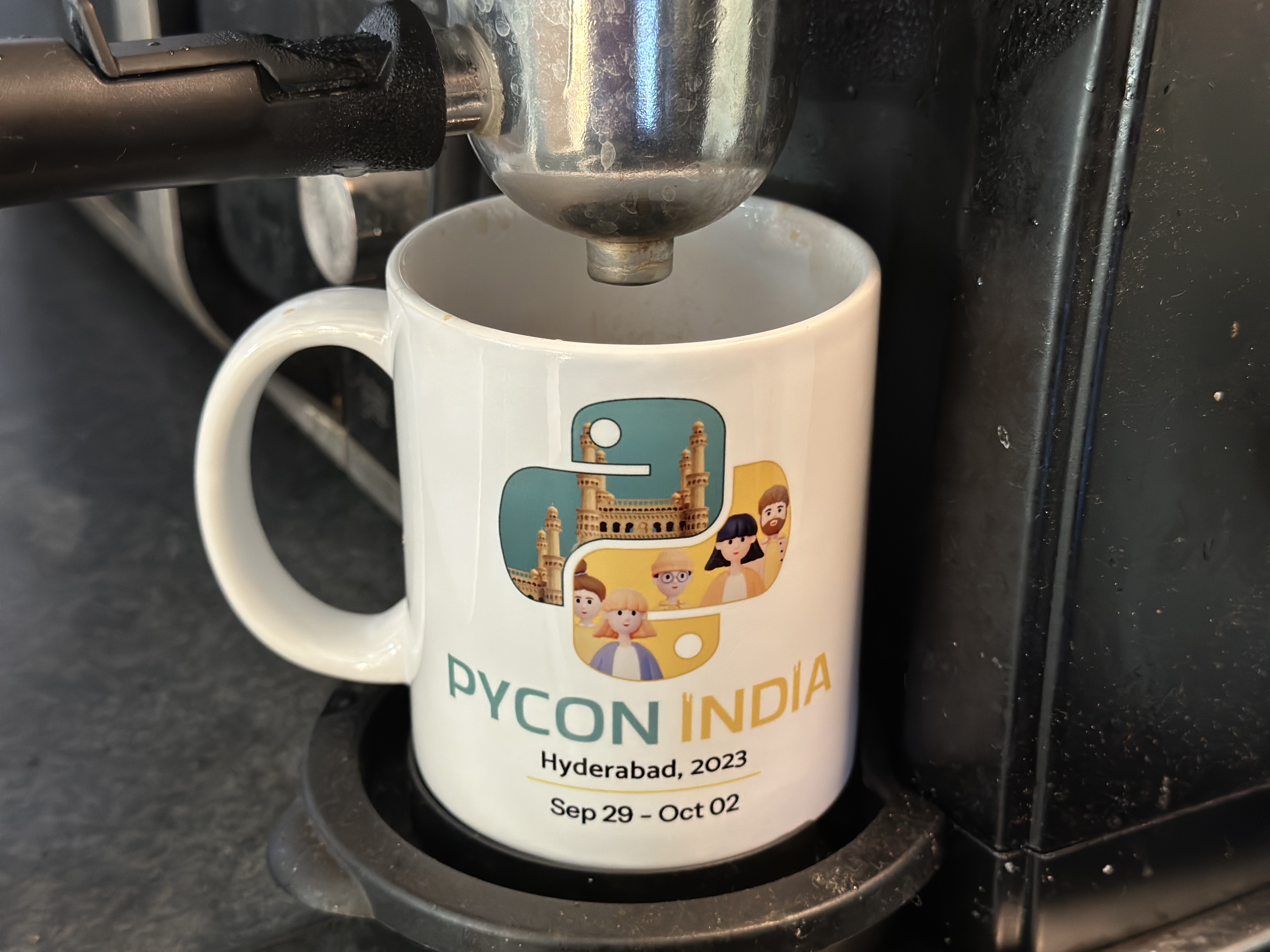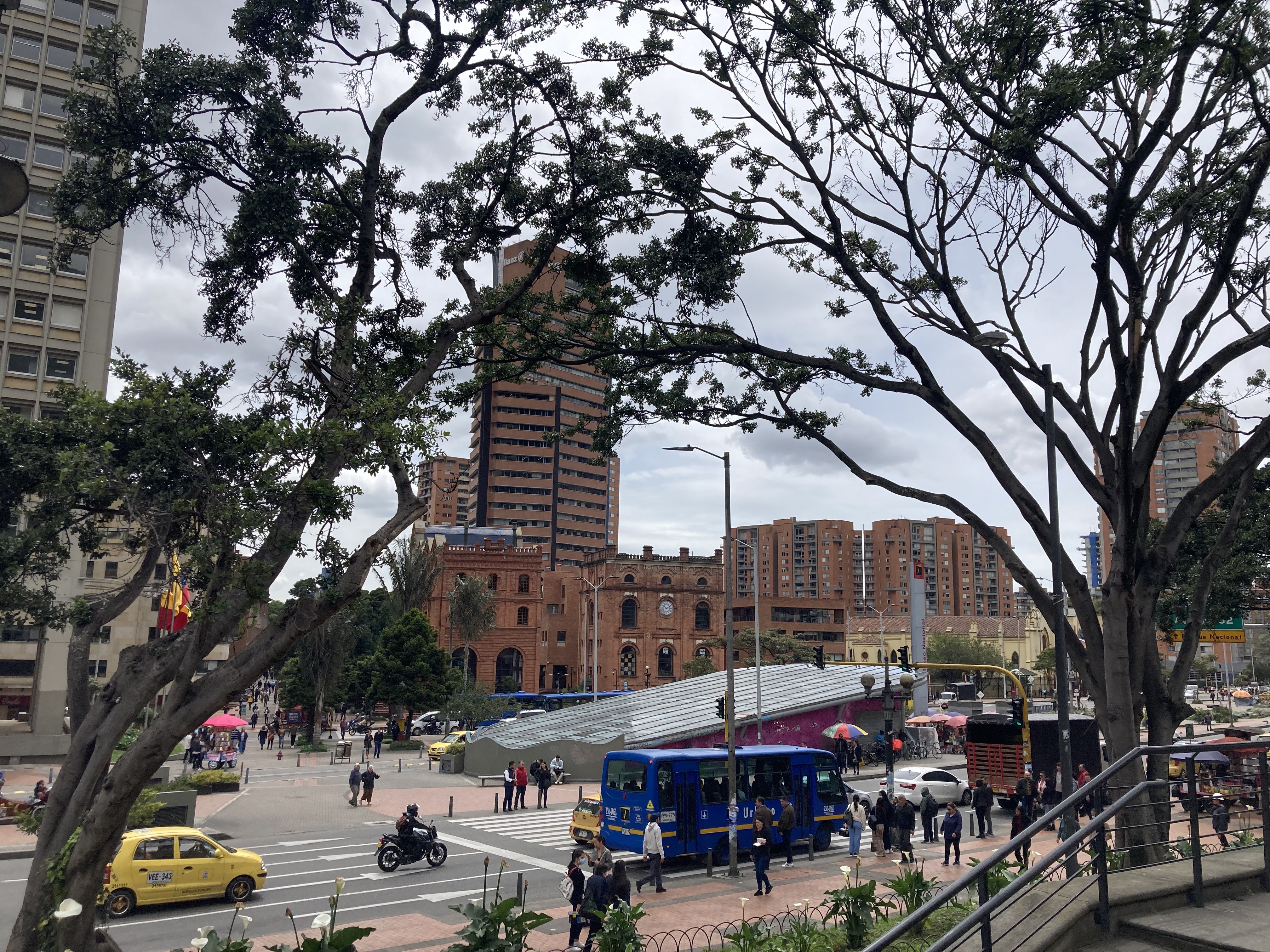PyCon Ghana 2022
After my first time in PyCon Namibia back in 2019, I decided to attend a PyCon in Africa every year. My next one was planned to be PyCon Africa but then the pandemic hits. I participated online but I always wanted to go to Ghana to meet the amazing Python community. This year I got the chance.
Day 0 - Arrival
The journey to Ghana was not easy. Luckily I have a trusted companion, my colleague Nicholas. First, the flight was delayed, and the plane was super full, at least at the end of the plane where people were struggling to put their luggage away. So the flight was even later.
When we arrived, the internet at the airport does not work. Though we know later that the organisers were trying to pick us up, we didn’t know that and trying to get an Uber was a hassle.
On the way, I guess it is because it was late at night, we were stopped by the police and they asked us to leave the car and they did a search on us. Luckily without too much trouble, they let us go.
When we get to the Airbnb, there was a problem with the key locker and it took us 30 mins to get the right code to get the right key. By the time when we get inside, we just want to go to bed as soon as possible.
Day 1 - Installation party
The next day went a bit better, the first thing in the morning is to get supplies for the flat. We need water as the tap water in Accra is not safe to drink. We walked down Oxford street (which is also the main street where we stayed). It’s a bit dangerous and a bit of fun cause there is no clear separation between the car lane and where people should walk. But everyone on the road greeted us saying “Welcome to Ghana”.
After that, we wait for the organisers to pick us up for the installation party which we help workshop participants to set their computers up for the workshop the next day. We have quite some people coming and even being a bit shy they have all gotten their stuff set up. And the mentors are being very helpful too.
@PyconGhana installation party, getting ready for the workshop tomorrow ❤️ pic.twitter.com/qpwu4hhv5v
— Cheuk Ting Ho (@cheukting_ho) October 12, 2022
After we had dinner with an organiser and another speaker from Nigeria. She is a community manager working for Outreachy, an organization that places under-represented people in internship programs in various companies. We have very nice conversations and the food is amazing.
We then head back to the flat, and decided to have an early night as both of us are still tired from all the travel. And tomorrow we will have a long day for the workshops.
Day 2 - Pre-conference workshop
It has been a very busy day, as I have to run the Humble Data Workshop in the morning and the Pew Pew workshop in the afternoon.
In the morning we have a room of around 30 people joining the workshop. Some of them who have come to the installation party has got a head start and start working right away. Some of them are complete beginners in Python and it takes a bit of time for them to understand what’s going on with the Jupyter notebook. But luckily, we have very capable mentors to help out are they are so lovely. After about an hour, those who got Anaconda installed have already got the idea and are working fine at their own pace. For those who have not installed it, most of them have already started working.
@HumbleData workshop facilitated by @cheukting_ho with attendees conference tickets sponsored by @anacondainc saw the participation of diverse group of people: from absolute beginners to experts. Just Awesome! 👏#PythonGhana #PyConGhana22 #humbledata #DataScientists pic.twitter.com/NOuVHcuC17
— PyCon Ghana (@PyconGhana) October 13, 2022
After the workshop, everyone was so happy and we all took pictures (including lots of selfies). They all now know what Anaconda is and has learnt some basic Python and can use the Jupyter notebook. Some of the ones who are ahead of others already asked me how they can keep learning and I point them to the local PyData group which is run by Dorothy who has also been a great help during the workshop.
Lunch is the famous Jollof rice which the locals said I must try and the food which the Nigerian and Ghanaian are rivals of. I do enjoy the Ghanaian Jollof rice and would like to have the Nigerian version one day.
Then it is the Pew Pew workshop. I made a fundamental mistake - got the wrong batteries. Dorothy saves me again by running to the supermarket for me. She is amazing! In the meantime, some of the participants can get the Pewmulator running and so later can put the code in the Pew Pew when they are done. Everyone was having fun and they love the Pew Pew devices. I wish next time we can have ones that are designed for them but not the leftovers from the EuroPython which they are happy for me to bring to Ghana. Everyone is so happy to take the device home and I hope they can show their Pew Pew to their friend and family and inspire more people to start coding.
A super fun #pewpew workshop @PyconGhana Thank you @europythons and @deshipu for the pew pew devices pic.twitter.com/NsduYRfUjx
— Cheuk Ting Ho (@cheukting_ho) October 13, 2022
In the evening I had dinner with two ladies who are speakers from Nigeria. They are super friendly and teach me a lot of stuff about Africa. I learn something every time I visit and I can meet people from different countries. This just makes me better prepared for the next African trip.
Day 3 - Conference day 1
The first day of the conference started with the keynote, by Professor Nii Narku Quaynor who was the leader of the project of first introducing the internet to Ghana. He inspired young people in Ghana about the achievement of the technologies and the things to be careful about when introducing new technologies like bitcoin and blockchains.
Chairman of Ghana dot com,Nii Narku Quaynor @niinarkuquaynor speaking on TrustKiosk System Organizing, Existing Payments architecture that works for 🇬🇭.#PythonGhana22 #PyConGhana22#PyconGhana pic.twitter.com/KPQZNrvPU5
— PyCon Ghana (@PyconGhana) October 14, 2022
Then I join the Microbit session by Nicholas for young coders (teenage students). I also got to try the Microbit and it is fun to play with. It is a good educational tool for getting kids into programming.
After a bit of chaos as lunch arrived late, I got to talk to some conference attendees, they are very curious and many people come and say that they have used Anaconda a lot but never met someone working there at conferences. I am so grateful that I got to meet them and encourage them to learn more about data science.
The closing keynote is by Abdoulaye Diack, a Research Program Manager at Google AI. Google has invested in AI and machine learning in Ghana. In the keynote, he talked about AI and in one demo, he has shown some generative models. The images generated are “street of Osu” and “programmer”, none of them looks like the streets in Osu and the programmers sitting in the conference hall. This shows that since the model and data used are from the west, it lacks diversity and does not represent the people and culture there. He encourages the local folks to contribute to open source to change it.
The last keynote of the 1 day of @PyconGhana was amazing. The demo at the end shows that the data to train those models are not representing the street and people here. We need more diversity in open source. pic.twitter.com/o80MQbHRtP
— Cheuk Ting Ho (@cheukting_ho) October 15, 2022
After that, we are all tired and headed back to the Airbnb and have dinner.
Day 4 - Conference day 2
On the second day of the conferences, we started with Nicholas’s keynote about coding education. He has this brilliant idea of using the music grade exam system to help people learning to code to be evaluated for their performance and to achieve grades. Many participants show interest in it. He also gave “homework” to the local folks to grow the local community and it will be the pioneer in code education in Africa when it is PyCon Ghana 2032.
Nicholas, my colleague at @anacondainc is giving a keynote at @PyconGhana pic.twitter.com/rpgnJawp8E
— Cheuk Ting Ho (@cheukting_ho) October 15, 2022
Then I gave my talk, which is about using Hypothesis to make testing easier and faster.
Her smile @PyconGhana was contagious. Such an intuitive presentation by @cheukting_ho from @anacondainc
— EL Sëmeion (@elssignal) October 15, 2022
She concluded - “…sometimes typing your code is a good idea.”#PyconGhana #PyconGhana22 #PythonGhana pic.twitter.com/sgnDaTMuvV
In the afternoon, I spend time chatting with people. I bought an electronic kit from the IoT community in Africa. Their creations at the booth are so fascinating and fun that without a second thought I immediately bought the kit.
I am into IoT now @PyconGhana pic.twitter.com/aAHCsYP6Pi
— Cheuk Ting Ho (@cheukting_ho) October 15, 2022
I also get the chance to learn to play the game of Orawe, a traditional African game that involves marbles and a board with 10 indents, which represent houses in it. Each player takes a turn to move the marbles to gain more houses. The folks told me that it used to be a game of war to decide who is the king and also men used to be able to win the game to win their brides. For me, it’s a very fun game to play, it involves pattern recognition and some calculation just like playing chess.
It’s not just Python but I learnt a new game @PyconGhana pic.twitter.com/0fK4nJYPjF
— Cheuk Ting Ho (@cheukting_ho) October 15, 2022
We ended the day and the conference with lightning talks and group photos. It is sad to say goodbye and I hope that I will attend PyCon Ghana again in the future.
In the evening, we had dinner and social drinks with a few other speakers and the organising team. They were so busy during the conference and it is good that they got to relax and we finally got a chance to chat and know each other better.
Day 5 - Post Conference
Since our flight back home is in the evening, the organisers are so kind to bring us to see the Christopher Burg (the locals call it Osu Castle) and visit the Art Centre.
Through the tour at Osu Castle, we learn a bit about the Ghanain history and the brutal history of slave trading in the 18th centries. We then also visited the nearby Independent Square for pictures as it is the most iconic landmark of Ghana.
We visited the Art Centre to buy souvenirs. We are told that we need to bargain there so I put on my bargaining hat and start shopping. With the help of the local organising team, we ended up getting what we planned to get and were having fun bargaining.
Conclusions
I am so glad to have this opportunity to travel to Ghana and be part of the community there. I think it is a very good out reaching effort. I am surprised by the community, many of them are very talented and passionate about technology, data science and AI. I am also glad that many people know about Anaconda before and said it is a very good learning tool for them to transition to Data Science, some of them are teachers or developers. I wish we can do this regularly, reaching out to the Python and Data Science in Africa. I also hope the local community will organise more Humble Data workshops and I can bring Humble Data to more places and plant the seed there.



